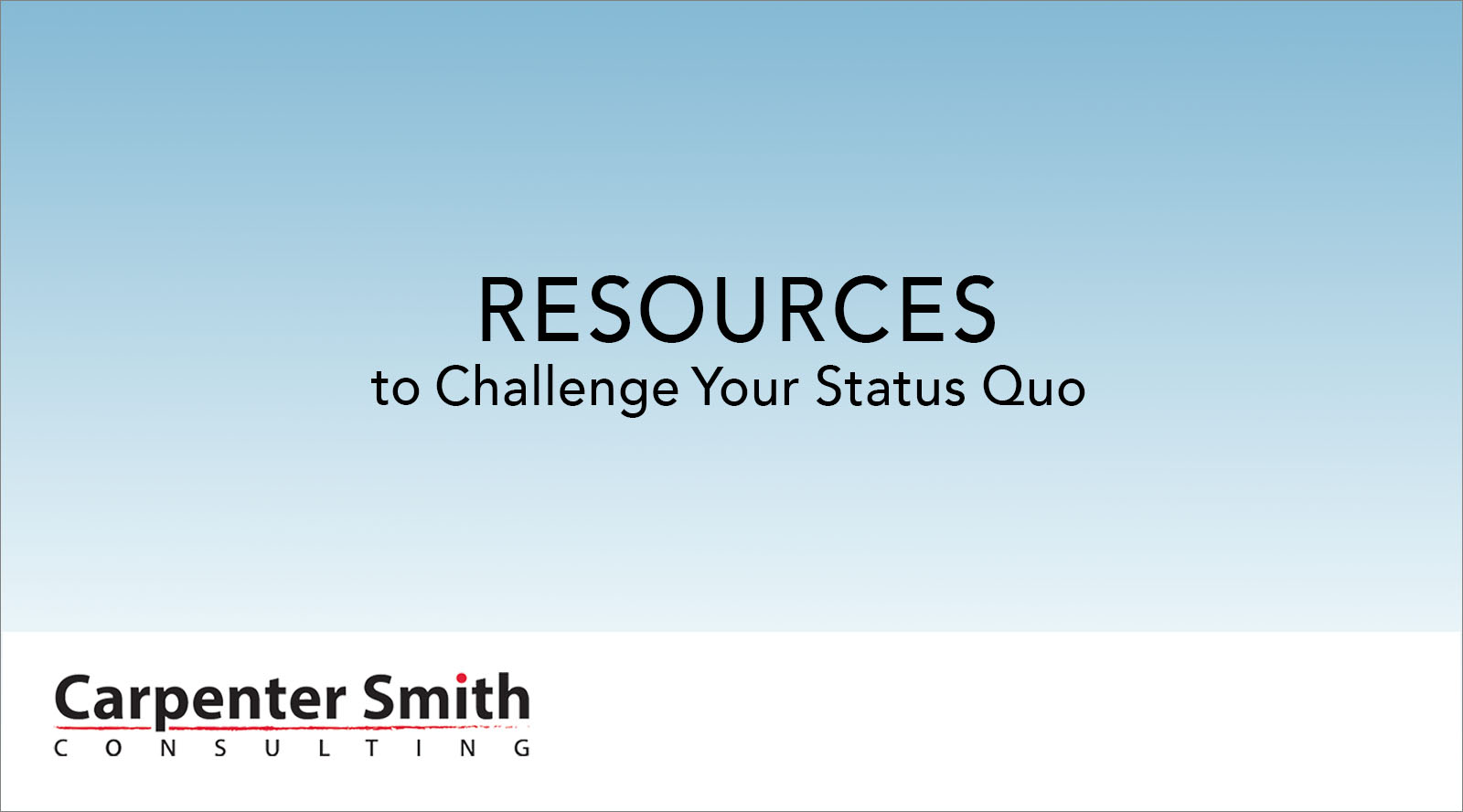This week in the Monday Morning Business Coach, we encouraged you to Challenge Your Status Quo to notice the way that your brain tends to cluster things that seem alike but may not be alike.
You’ve likely heard of the term “Implicit Bias” or “Implicit Associations,” and if not, here’s a great definition from Perception.org.
You’ve likely heard of the term “Implicit Bias” or “Implicit Associations,” and if not, here’s a great definition from Perception.org.
Thoughts and feelings are “implicit”
if we are unaware of them
or mistaken about their nature.
We have a bias when, rather than being neutral,
we have a preference for (or aversion to)
a person or group of people.
Thus, we use the term “implicit bias”
to describe when we have
attitudes towards people or
associate stereotypes with them
without our conscious knowledge.
if we are unaware of them
or mistaken about their nature.
We have a bias when, rather than being neutral,
we have a preference for (or aversion to)
a person or group of people.
Thus, we use the term “implicit bias”
to describe when we have
attitudes towards people or
associate stereotypes with them
without our conscious knowledge.
As we mentioned on Monday, our brains have evolved to rely on habitual responses and the clustering of data so that the brain has less work to do – and therefore consume fewer resources.
While this is an important aspect of our success in an increasingly complex world, it also contributes to the fact that our implicit biases or associations are often more accurate predictions of how we will behave than our conscious thoughts are.
There is a great resource to us all and it’s called Project Implicit. It’s a non-profit organization and international collaboration between researchers who are interested in implicit social cognition, which is about thoughts and feelings outside of conscious awareness and control.
Project Implicit provides testing so that we can identify our own implicit biases. So, this week, we’re sharing the link to Project Implicit and the array of tests they have to help each of us identify our own implicit bias and assumptions.
As we always say, once you can name something you can work with it. Understanding and exploring your implicit biases and assumptions allows you to behave with greater choice and self-knowledge.
Feel free to share with us what you learn about your own implicit biases after taking one or more of the tests on the Project Implicit website.
We’re here for you.


